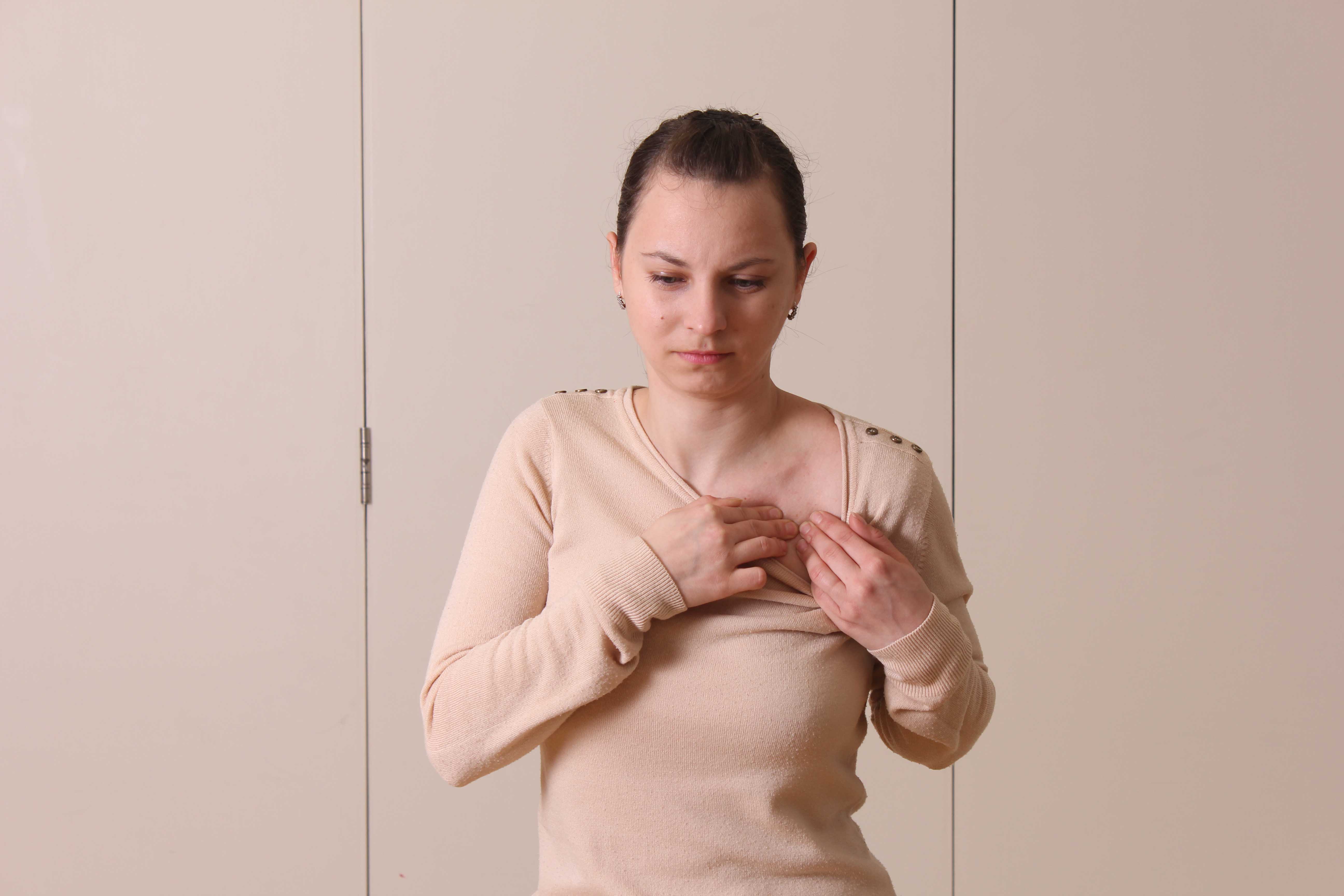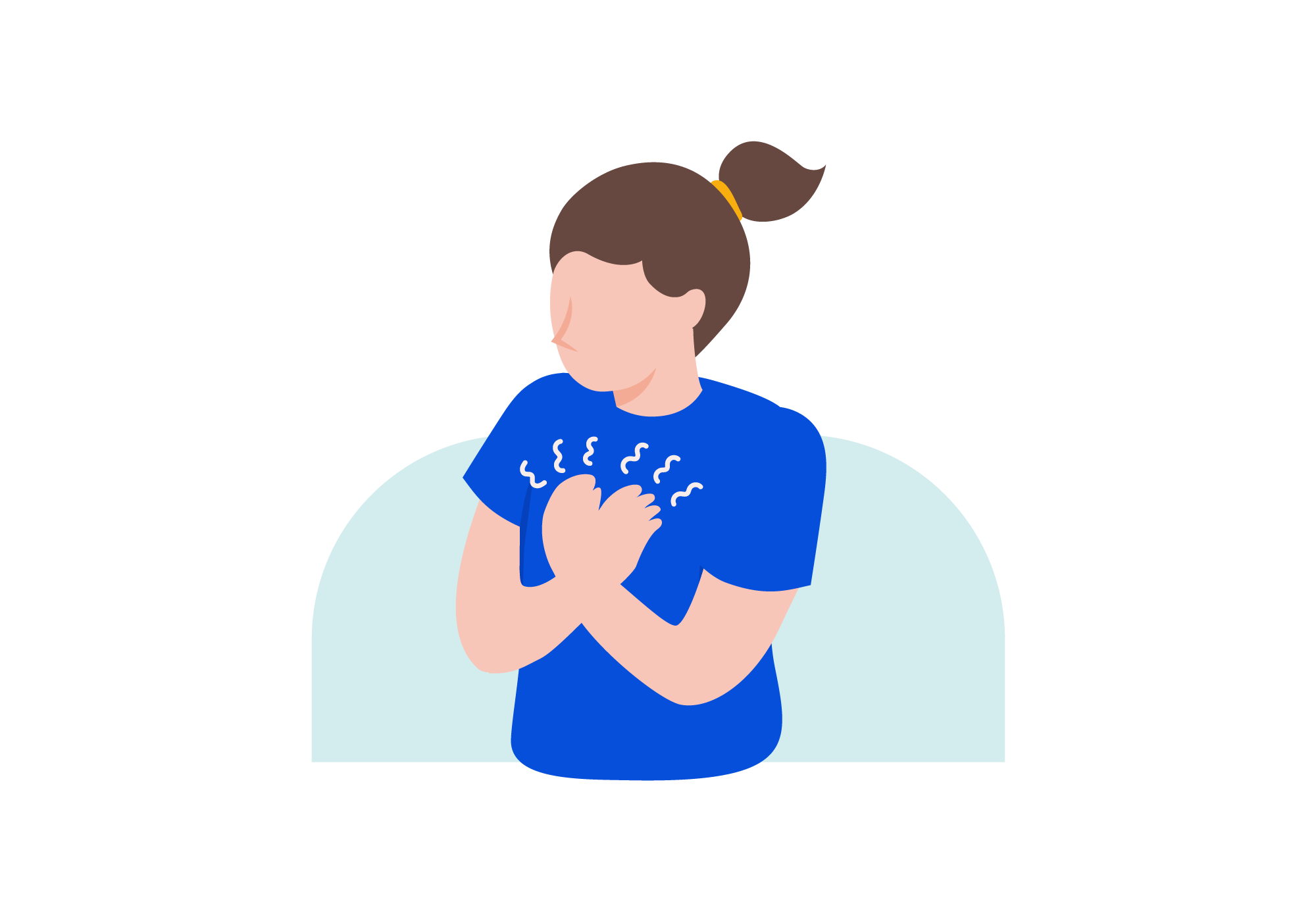

The Physical Activity Guidelines for Americans recommend that adults perform at 3 hours a week of moderate-intensity aerobic activity. Top tip: The importance of exercise cannot be overemphasized. Muscles that are weak and susceptible to injury.Muscle stiffness, muscle shrinkage, and wasting.Disuse syndrome is a condition that arises from a lack of physical activity. When you don’t use your muscles for an extended period, you can experience pain from muscle atrophy. Injections of cortisol into the shoulder surgery.Rest, ice, and compression may be used, as well as nonsteroidal anti-inflammatory drugs (NSAIDs).Depending on the severity of the injury, a sports doctor will recommend a variety of treatments. Peripheral neuropathy is caused by damage to one of the peripheral nerves, resulting in numbness or weakness.Īppropriate treatment of the swimmer’s shoulder can aid in recovery. Shoulder instability: This occurs when the shoulder joint structures fail to keep the upper arm bone in the shoulder socket. Impingement syndrome: When a person lifts their arm, a tendon in their shoulder rubs and catches on surrounding tissues, resulting inĪ labral injury: This is a tear in the labrum, a piece of cartilage that sits inside the shoulder socket. Swimmer’s shoulder injuries include the following: Swimmers are more likely to experience upper arm pain due to the high number of swim stroke repetitions they perform during training. Swimmer’s shoulder refers to a variety of shoulder injuries that can occur as a result of swimming. If you experience symptoms of a heart attack, make sure you visit your doctor immediately.


They are common in people who lift heavy objects over their heads. Rotator Cuff Injury is a common injury that can cause upper arm pain. Other symptoms include tenderness, mild swelling, and dull, aching pain. Tendonitis accompanies mild to severe pain and usually occurs in the shoulders (upper arm), elbows, and wrists. When your tendon becomes inflamed, you have tendonitis. Other symptoms of strains in your upper arm include bruising, swelling, limited joint mobility, and an unstable joint. While mild sprains will resolve on their own, most severe strains require surgery. This condition occur when your ligaments or tendons stretch and tear.

Sprains are one of the most common causes of upper arm pain. When you have a pinched nerve in your arm, it can cause intense pain. A pinched nerve is a nerve that has been compressed by a muscle, tendon, tissue, cartilage, or bone.


 0 kommentar(er)
0 kommentar(er)
